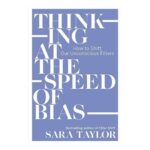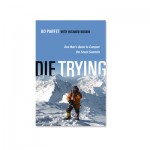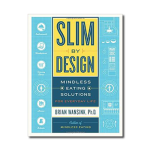Bill Jensen is a returning guest to Inside Personal Growth. This time he joins me to discuss a book he published sometime ago called The Simplicity Survival Handbook. Simplicity is something that we all need a bit more of in our lives. We have become more inundated with complexity in our world as a result of the speed of transmission of information, and the devices that keep us tethered every minute. We are spending more time on email, distracted by social media not to mention that the devices are “always on” which leads to us being so distracted that we are not paying attention to our most important relationship–our family.
Simplicity is the power to do less (of what does not matter), simplicity is the power to do more (of what does matter), states Jensen. Bill guides the reader on how to reduce email clutter, write shorter emails, go to fewer meetings, how to quickly communicate with anyone more effectively, how to leave shorter voicemails and much more.
If you are like most technology workers your day is filled with emails, voicemails, texts, meetings and attempting to put out fires and solve problems. Now this is what you are probably paid to do, but what if you could shift some of those activities to more productive and creative endeavors? Imagine the value you would bring to your organization, and how much better you would feel everyday.
I encourage you to listen to and implement some of the thirty-two techniques that Bill Jensen writes about in his book “The Simplicity Survival Handbook“. You can learn more about Bill Jensen by clicking here to be directed to his website. You can also watch a presentation on the Future of Work Bill did in 2015 by clicking here.










